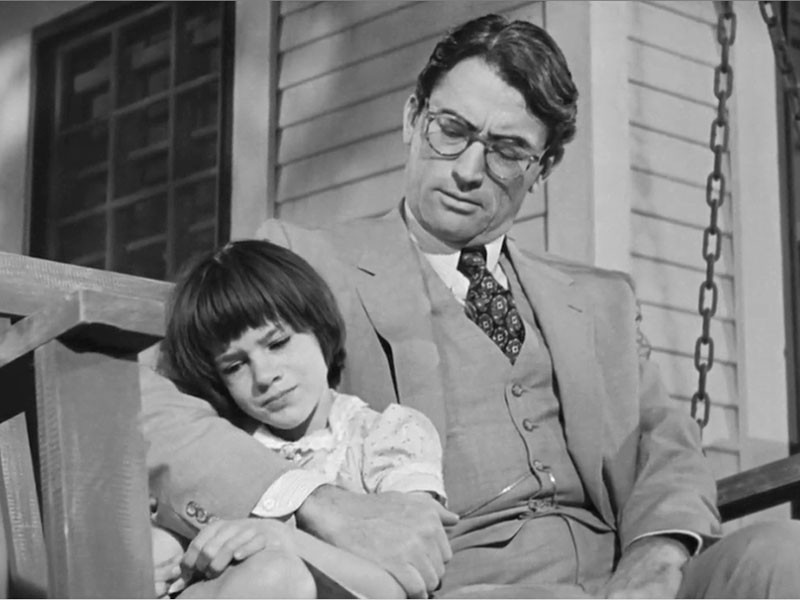It will come to no surprise to you that I enjoy reading.
It’s rare that I’m not in the middle of reading a book. In fact, I often have more than one book going, in case tonight I’m in the mood for a mystery and tomorrow I want a biography.
I don’t often get excited about the release of a new book, though. Even if it’s something I want to read, I figure I’ll get around to it soon enough. But I honestly can’t wait for the Tuesday release of “Go Set a Watchman,” the much anticipated sequel to “To Kill a Mockingbird,” the Pulitzer Prize winning novel written by Harper Lee of Monroeville, Ala.
I pre-ordered it from Amazon the first day it was available. It is scheduled to arrive Tuesday, the day of its release. There should be no need to tell you what I plan to do Tuesday night.
I was late discovering “To Kill a Mockingbird.” The book is a staple of high school and college literature classes, but it was never assigned in one of mine. I don’t think I even watched movie until my late 20s.
A friend suggested the book to me not long after I graduated from college. She was convinced I would love the Depression-era story of Scout Finch, her brother Jem and their father, Atticus, in their “tired old town” of Maycomb, Ala.
It was probably another two or three years before I finally broke down and read the book. I regret waiting so long. It is full of warmth and humor, despite dealing head on with such issues as racial inequality and rape. Atticus Finch, one of literature’s great father figures, is also one of literature’s great racial heroes.
“You never really understand a person until you consider things from his point of view,” Atticus tells Scout in Chapter 3, “until you climb into his skin and walk around in it.”
The simple, uncomplicated way Atticus talks to Scout and her brother, Jem, is a critical part of his character. After hearing her father’s words, Scout spends the rest of the novel trying to fully understand what he meant. She succeeds in the last chapter when she finally meets Boo Radley.
“To Kill a Mockingbird” may well be my favorite novel. It has richly developed characters, a strong storyline that is at times tense, at time endearing. Lee uses its Southern setting to take a bold look a race, particularly considering it was first published in 1960.
Which bring us to “Go Set a Watchman.” Lee wrote it first, before “To Kill a Mockingbird,” but it is set some 20 years later. The title comes from Isaiah 21:6: "For thus hath the Lord said unto me, Go, set a watchman, let him declare what he seeth.” It alludes to Scout's view of her father as the moral compass of Maycomb.
This new book is not without controversy. After “Mockingbird,” Lee vowed she’d never write or release another novel. So does Lee, now 89 and mostly deaf and blind, really want the book published? And then there are rumors that Atticus, as seen through the eyes of an adult Scout, isn’t the kind, understanding father we came to love in “Mockingbird.”
Still, I can’t wait to read what has happened to Scout and Atticus. If you call me Tuesday night, don’t expect me to answer. I’ll be in Maycomb catching up with old friends.









